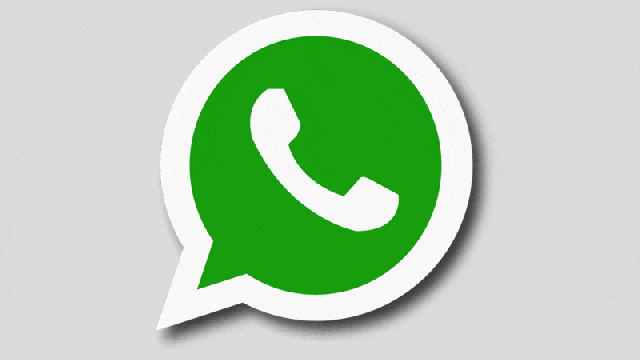Facebook is desperate to do business in China, but authorities in the country are increasingly comfortable with shutting out foreign companies and tightening restrictions on internet communications. On Tuesday, Facebook’s only major product that is still permitted by authorities fell victim to the “Great Firewall”, and all signs indicate that we’re entering a new age of censorship.
[referenced url=”https://gizmodo.com.au/2017/07/chinese-censors-have-apparently-blocked-winnie-the-pooh-over-a-silly-meme/” thumb=”https://gizmodo.com.au/wp-content/uploads/2017/07/winniethepooh-410×231.jpg” title=”Chinese Censors Have Apparently Blocked ‘Winnie The Pooh’ Over A Silly Meme” excerpt=”Winnie the Pooh, the adorable cartoon bear with an obsession for honey, has been censored in China. It’s all apparently due to a meme that makes fun of President Xi Jinping.”]
According to the New York Times, WhatsApp users in China are reporting widespread disruptions to the messaging app. It has reportedly been partially blocked by the massive filtering system that authorities use to limit free speech online. Users have found themselves unable to send photos, videos, and in some cases text messages. Security analysts confirmed to the Times that the disruptions were originating from the government. Nadim Kobeissi, an applied cryptographer at Symbolic Software, tells the paper, “according to the analysis that we ran today on WhatsApp’s infrastructure, it seems that the Great Firewall is imposing censorship that selectively targets WhatsApp functionalities.”
Even though WhatsApp is incredibly popular around the globe — it has 700 million users — it’s a small fish in China. Still, the app is popular with citizens who want to communicate with the outside world. That could be one reason that it has suddenly been targeted. According to research by Citizen Lab, there has been a concerted effort to block certain communications online following the death of China’s only Nobel Peace Prize winner, Liu Xiaobo, on July 13. Citizen Lab found that for the first time, images were being blocked in one-on-one chats within WeChat. The homegrown messaging app by Tencent boasts 768 million users. Accounts that are registered to phone numbers from mainland China were unable to view at least 74 images that were tested and numerous keyword combinations have been blocked.
Facebook warned investors last week during an earnings call that it’s running out of space to insert ads while still maintaining an acceptable user experience. After hitting two billion users, it’s also running out of the potential for growth. China is one of the few markets left to be tapped, but authorities have consistently resisted Mark Zuckerberg’s appeals. Reached for comment, a WhatsApp spokesperson told Gizmodo, “We are not providing a comment on this topic.”
But it isn’t just Facebook that has problems with China — major Western technology companies such as Google and Twitter are also shut out of the country. China’s government has been resistant to the explosion of the internet from the beginning, but it made certain allowances knowing that completely blocking the internet wasn’t an option in the modern world. Now, the growth of its own technology sector has given it a sort of parallel internet that can be controlled from within. Domestic companies such as Baidu and Tencent offer search, microblogging, messaging, and other alternatives to the most popular web services. They also can’t tell Chinese censors “no”.
Residents of China have always used VPN services to access the unrestricted internet, but greater efforts to block access to VPNs and remove them from online marketplaces have been enacted this year. On top of that, a confusing new cybersecurity law has left companies uncertain about what is and isn’t allowed on networks within the country’s borders.
We’re not entirely sure why WhatsApp is being disrupted at the moment, or if a permanent ban is in its future. But China is very clearly signalling that it has its own internet now, and that’s a major problem for its citizens.
[New York Times and Citizen Lab]
